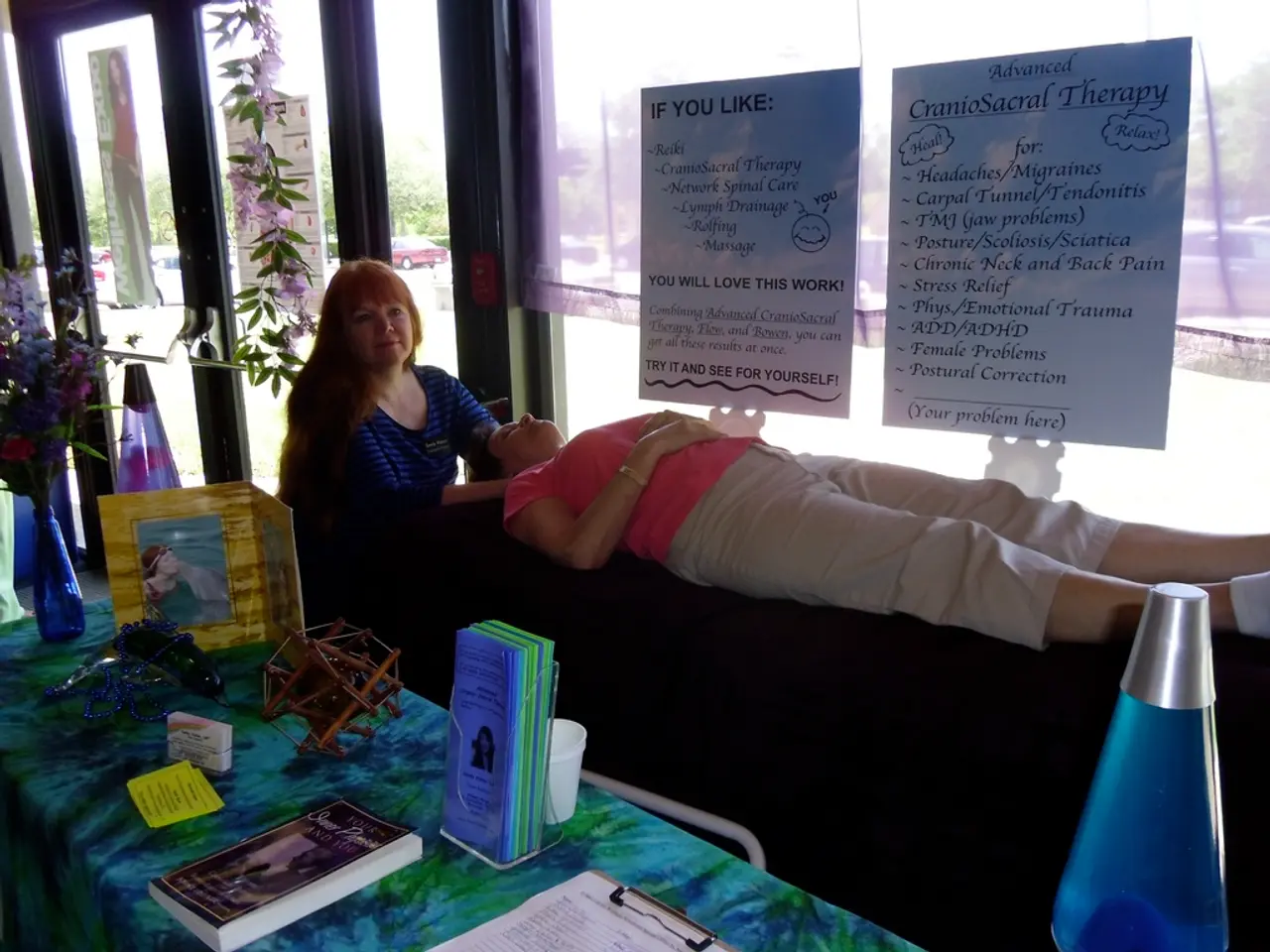Navigating Breakups and Depression: Strategies for Cope-Ups
Breakups can be a difficult time for anyone, but for some, the emotional turmoil can lead to depression. Depression after a breakup is characterized by feelings of worthlessness and self-loathing, and it can interfere with a person's ability to maintain their self-esteem and cope with everyday life.
Depression after a breakup can last for longer periods of time if not treated, and it can increase the risk of depression recurring. Symptoms of depression can include feeling low, sad, or anxious, difficulty sleeping, lack of appetite, feeling tired, digestive issues, aches and pains, headaches, feelings of guilt and worthlessness, and even suicidal thoughts.
Fortunately, there are effective coping mechanisms and treatments available to help individuals navigate through this difficult time. One of the most important things a person can do is to avoid isolation by reaching out to friends, family, or supportive communities. Isolation can worsen feelings of sadness and loneliness, so it's crucial to stay connected.
Another helpful strategy is to practice emotional expression through journaling or creative outlets. This can help individuals process their grief and organize their thoughts. Additionally, adopting a no-contact rule with the ex-partner can create emotional clarity and reduce obsessive thoughts.
Focusing on physical self-care is also essential. This includes eating well, getting enough sleep, and exercising regularly, as these activities support emotional stability and reduce depressive symptoms. Relaxation and stress reduction techniques, such as meditation, yoga, or deep breathing exercises, can also help manage emotional distress.
It's important to allow oneself to grieve without judgment, recognizing that feelings of sadness, anger, or loneliness are natural parts of the healing process. If symptoms persist or worsen, seeking professional therapy or counseling is recommended. Cognitive behavioral therapy (CBT), person-centered therapy, and brief solution-focused therapy may help reduce symptoms of depression after a breakup.
For a person to receive a diagnosis of depression, symptoms must be present for at least 2 weeks. If a person already has depression, they may need extra support while going through a breakup and should stick to their treatment plan. Untreated depression after a breakup can increase the risk of death due to suicide.
Help is available for individuals experiencing depression or suicidal thoughts. The 988 Lifeline, Crisis Text Line, Befrienders Worldwide, and local emergency services are all resources that can provide support and guidance. Antidepressants may also improve mood and help a person cope with depression after a breakup.
Activities such as yoga, meditation, relaxation techniques, exercise, light therapy, and sleep deprivation therapy may help treat symptoms of depression after a breakup, but there is limited support for this. However, these activities can be a useful addition to a comprehensive treatment plan.
Depression after a breakup is a complex issue, but with the right support and coping strategies, it is possible to navigate through this difficult time and come out stronger on the other side.





